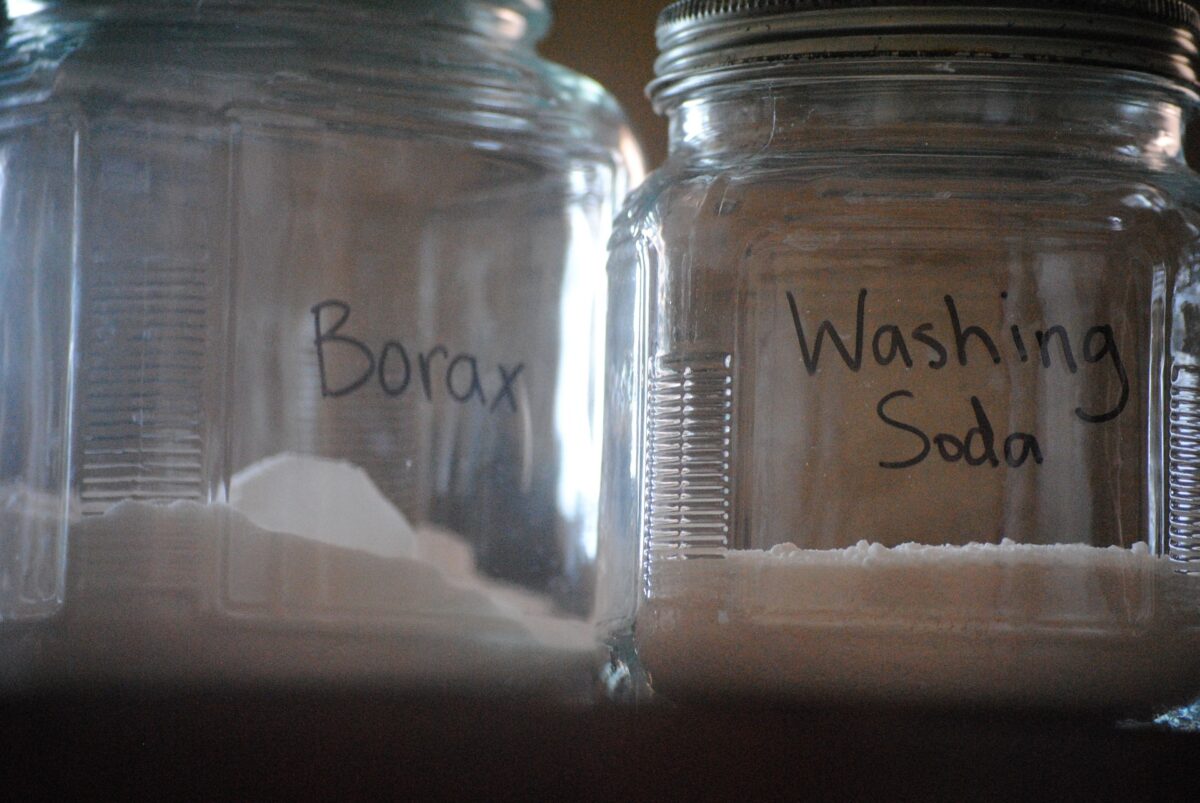Erectile dysfunction (ED) is a common condition that affects men of all ages, causing significant emotional distress and damaging their relationships with their partners. The causes of ED range from physical to psychological, and conventional treatments like medications and surgery may come with unwanted side effects. However, many men are turning to natural, non-invasive, and effective naturopathic solutions that address the root causes of ED and restore their sexual function. In this blog post, we’ll explore the causes and cures of ED from a naturopathic perspective and provide you with practical tips that can improve your sexual health and overall wellness.
Understanding the Causes of ED: Naturopathic Approach
One of the primary causes of ED is poor blood flow to the penis, which may result from cardiovascular issues, high blood pressure, diabetes, or atherosclerosis. Therefore, a naturopathic approach to ED involves improving blood flow through lifestyle changes, such as exercising, quitting smoking, reducing alcohol intake, and following a healthy diet that’s rich in fruits, vegetables, whole grains, and lean proteins. Additionally, naturopathic practitioners may recommend supplements like ginkgo biloba, L-arginine, and niacin, which are known to boost blood flow, decrease inflammation, and improve endothelial function.

Another potential cause of ED is hormonal imbalances, especially low levels of testosterone, which is responsible for male sexual drive and performance. Naturopathic solutions for hormonal imbalances may include lifestyle changes, such as increasing physical activity, getting enough sleep, and reducing stress levels, as well as supplements like Tribulus terrestris and Tongkat Ali, which are natural testosterone boosters. Moreover, certain foods like oysters, pumpkin seeds, and dark chocolate are rich in zinc, which supports healthy testosterone levels.
For more articles on hormonal health Click Here
Addressing Psychological Causes of ED: Naturopathic Methods

ED may also have psychological causes, such as stress, anxiety, depression, or relationship problems. Naturopathic practitioners view mental health as an essential aspect of overall wellness, and they may suggest various approaches to address psychological factors that contribute to ED. Some of these methods include:
- Cognitive-behavioral therapy (CBT), which helps patients identify and change negative thought patterns and behaviours that interfere with sexual function,
- Mindfulness-based stress reduction (MBSR), which teaches patients how to manage stress and anxiety through meditation and breathing techniques
- Couples therapy, which aims to improve communication and intimacy between partners.
Check out 4 CBT based steps for overcoming ED Here
Herbal Remedies for ED: Naturopathic Alternatives
Herbal remedies have been used for centuries to treat various sexual dysfunctions, and many of them have been shown to be effective for ED. Some of the most commonly used herbs for ED include Panax ginseng, Maca root, horny goat weed, and ashwagandha. These herbs have different mechanisms of action, such as improving blood flow, increasing libido, and reducing stress. However, it’s important to note that herbal remedies may interact with medications or have unwanted side effects if not used correctly, so it’s essential to consult with a licensed naturopathic practitioner before trying them.

Acupuncture and Other Naturopathic Therapies for ED
Acupuncture is a form of traditional Chinese medicine that involves inserting hair-thin needles into specific points of the body to balance energy flow and promote healing. Acupuncture has been shown to be effective for various sexual dysfunctions, including ED, by improving blood flow, reducing stress, and balancing hormones. Other naturopathic therapies that may benefit ED include chiropractic care, massage therapy, and hydrotherapy, which may enhance blood flow and relaxation.
For more articles on optimizing virility Click Here

Conclusion:
Erectile dysfunction is a prevalent and treatable condition that affects men of all ages. Naturopathic solutions for ED involve a holistic approach that addresses the underlying causes of ED, such as poor blood flow, hormonal imbalances, and psychological factors, through lifestyle changes, supplements, herbal remedies, and various therapies. Naturopathic treatments for ED are non-invasive, safe, and effective, and they may provide long-lasting results that improve overall sexual health and wellbeing. If you’re struggling with ED, consider consulting with a licensed naturopathic practitioner to create a personalized treatment plan that works for you.











